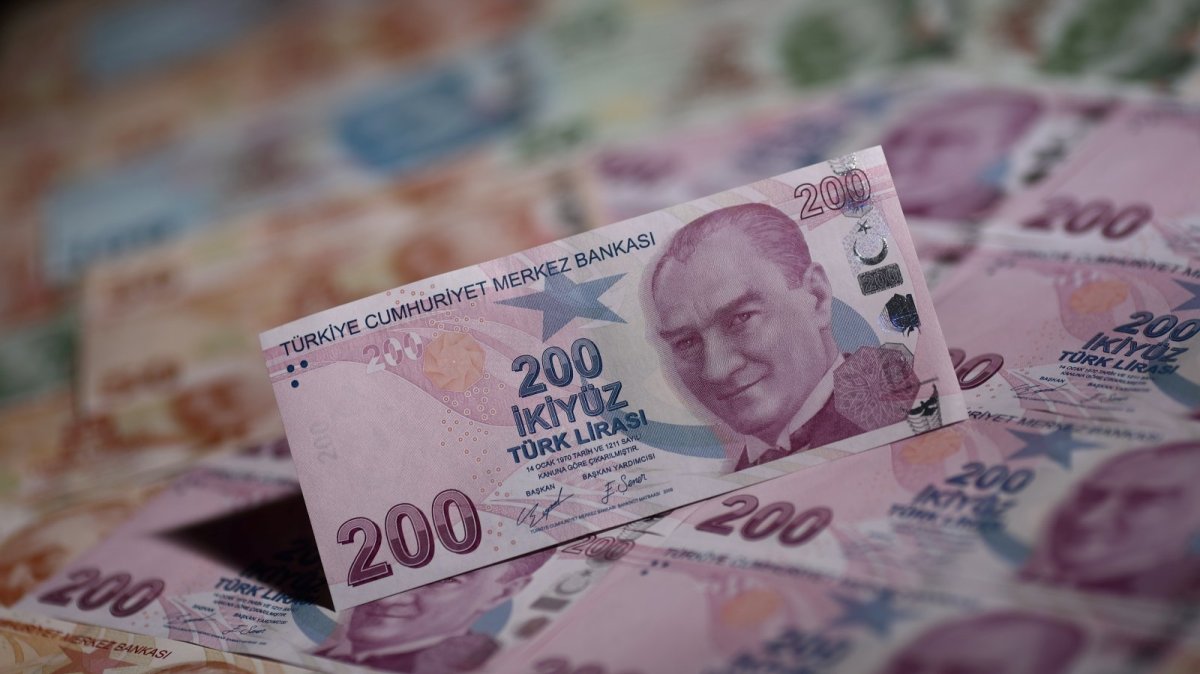Türkiye advances toward exit from FX-protected scheme
The planned exit from the FX-protected scheme, which Turkish authorities began to scale back in 2023 along with the shift to more conventional economic policies, appears to be on track, recent data shows.
The latest banking data, shared on Thursday, revealed that the stock of FX-protected accounts, or the so-called KKM, has fallen further below TL 600 billion ($15 billion) from TL 3.4 trillion in August 2023.
The KKM balance decreased by nearly TL 7 billion last week to TL 559.3 billion, according to the data from the Banking Regulation and Supervision Agency (BDDK). Thus, the KKM size accounted for 2.46% of total deposits, the data revealed.
Expectations are that this share will drop further and that the accounts will be fully phased out by the end of the year.
This decline is also seen as a sign of renewed confidence in the Turkish lira. According to experts, this process also aligns with the goal of curbing inflation.
Annual inflation in Türkiye has eased to as low as 35.4% in May, according to the official data. The inflation data for June is due to be announced this Thursday.
Under the KKM scheme, adopted in late 2021 to help reverse dollarization and counter a steep fall in lira, the Turkish central bank has been protecting deposits by covering depreciation costs.
But authorities have been seeking to phase it out gradually and transition deposits into regular lira accounts, in part by dissuading companies and individuals from renewing the KKM accounts.
Treasury and Finance Minister Mehmet Şimşek noted recently that exiting from the FX-protected scheme was “an important goal,” mentioning that they will “probably end this practice soon.”
The Central Bank of the Republic of Türkiye (CBRT), in its yearly road map for 2025, said it aimed to end the scheme, which has heavily weighed on the budget, this year.
“FX-protected deposits were introduced as a macroprudential measure. The deposit balance reached its peak in August 2022, but has been declining since the second half of 2023. There has been a strong downward trend in this balance for nearly two years,” Harun Türker, a faculty member at Ankara Medipol University, told public broadcaster TRT Haber.
“The decrease in KKM actually reflects trust in the Turkish lira and confidence in the new combination of monetary policy implemented during the disinflation process. As confidence in the Turkish lira increases, we observe a corresponding decrease in FX-protected deposit balances,” he added, according to remarks published on Sunday.
“At the beginning of the year, the central bank said that this could be concluded within the year. With the acceleration of the process, we may witness the full elimination of the FX-protected deposit balance,” he stated.




